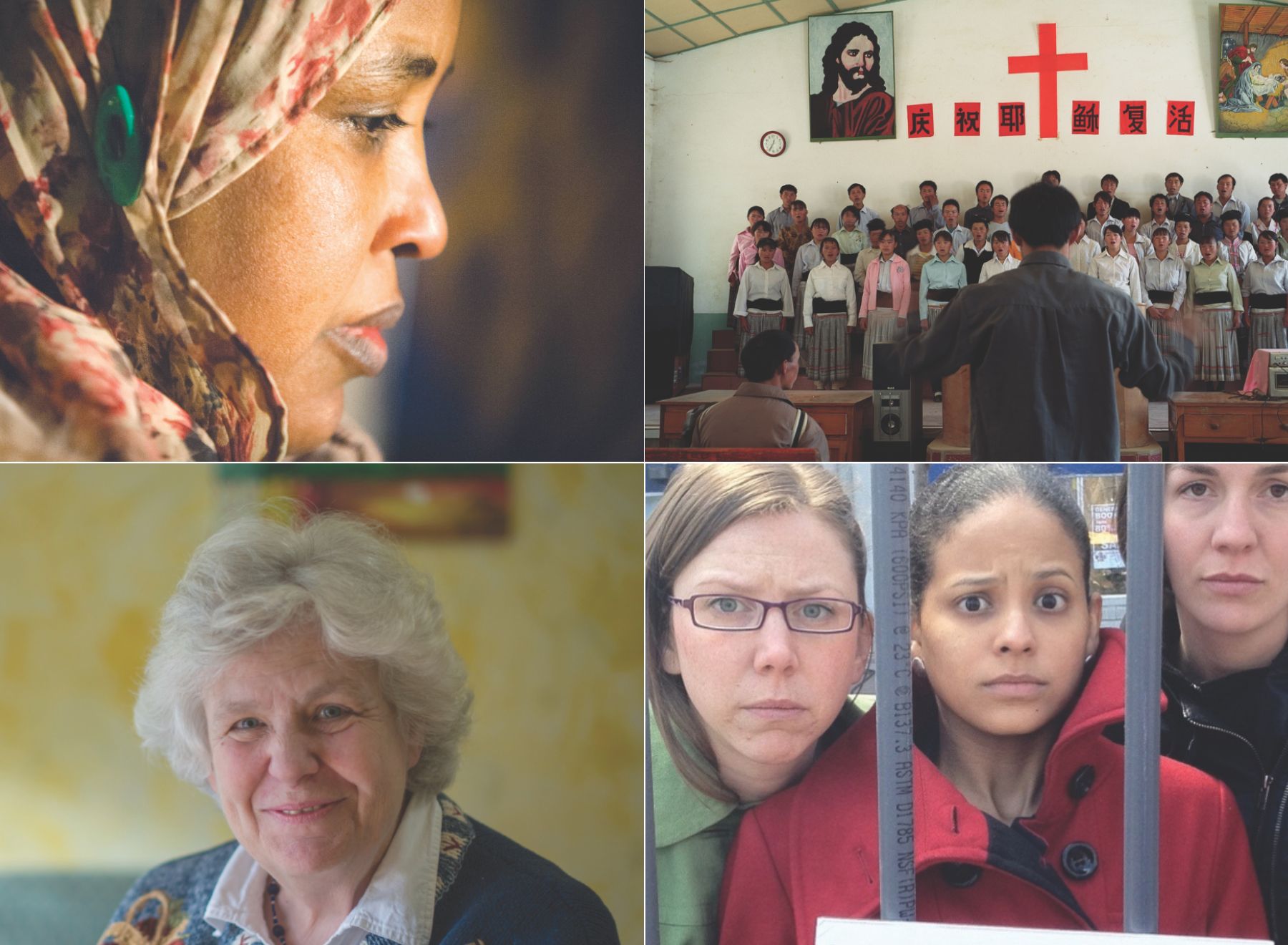Archives have been called witnesses to the past. They provide evidence, explain context, tell stories, supply meaning.
“Archives constitute the memory of nations and societies, shape their identity and are a cornerstone of the information society,” reads the preamble to the constitution of the International Council on Archives. The Council was established in 1948 as national record-keepers surveyed the devastation after the Second World War and vowed to preserve archives from future assaults.
You may unsubscribe from any of our newsletters at any time.
Here at Broadview, we are on a quest to restore a small piece of memory. Back in 2019, when The United Church Observer metamorphosed into Broadview, the new entity switched to a new digital platform. With the new platform came a new architecture for building stories and releasing them into the world. All the old, digitized Observer stories had to be painstakingly recreated and reposted on the new site, one by one.
Broadview had the budget to cope with several hundred of those Observer stories, but by no means all of them, explains Jocelyn Bell, the magazine’s editor/publisher. The remainder were available only on paper in the United Church archives, inaccessible to digital search engines, lost to most of us.
Bell wasn’t going to sit still for that. Broadview is the successor not just to the Observer, whose first issue came out in 1939, but also to the publications that came before it. It began life on Saturday, Nov. 21, 1829 in the town of York – later to be called Toronto – as The Christian Guardian. From 1925 to 1939, it was called The New Outlook. Broadview is the oldest continuously published magazine in North America and the second-oldest in the English-speaking world.
So Bell got a business innovation grant from the Canada Periodical Fund, administered by Canadian Heritage, to add Observer stories to the digital archives.
“The magazine really has played a role in the Canadian discourse over time,” she says. “And for me, it’s moving to see it retained, and accessible to people.”
The project aims to nearly double Broadview’s current stash of about 1,700 digitized stories. Without those historic Observer stories, the website would grow by about 20 newly reported stories a month, says Emma Prestwich, Broadview’s digital editor.
More on Broadview:
- This month’s incredible cover story was 6 years in the making
- How the United Church got into the business of residential schools
- The forgotten victims of a century-old pandemic
All Christian Guardian issues are already digitized, explains Nichole Vonk, General Council archives manager. That digitization project was spurred by the Truth and Reconciliation Commission, because the ancient magazines describe a vital period in Canada’s history.
So vital, in fact, that Broadview has launched a second archival project. The historian Rev. David Kim-Cragg, minister at St. Matthew’s United in Richmond Hill, Ont., is parsing the Christian Guardian, published from 1829 to 1925, for insight into how the magazine interpreted relationships between Indigenous peoples and settlers. His first article is here.
“The magazine has been reflecting Canada for a very, very long time,” says Bell. “And that’s something we’re very proud of.”
***
Alanna Mitchell is a journalist, author and playwright in Toronto.













